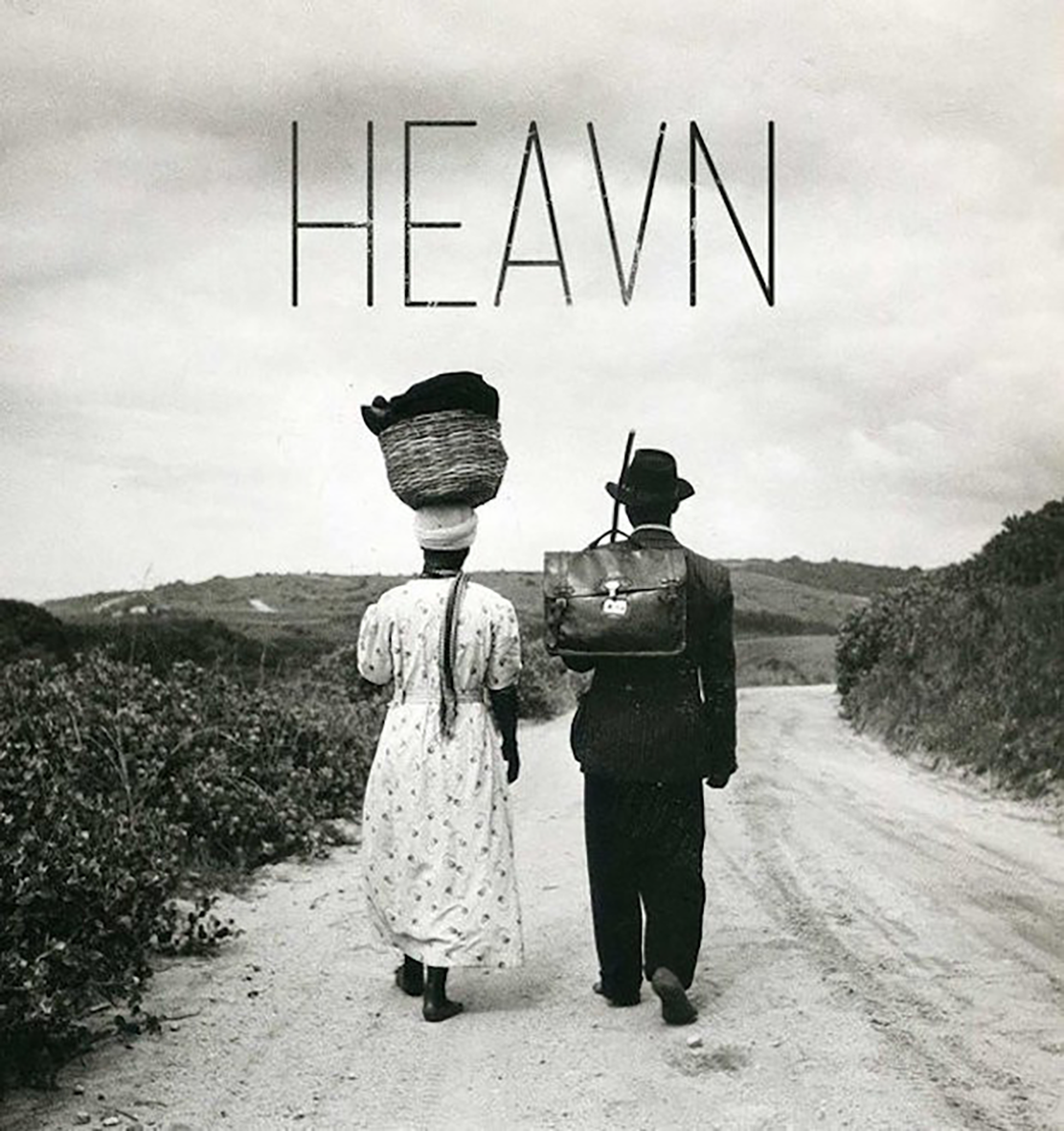I’m not ready to write about this album because I’m not ready to come to terms with myself.
I’m a brown girl—that should identify as yellow—stuck in a bubble where I’ve often fallen into a routine of being still, being silent when it came to explaining myself to those who only see me as “other.” It’s a label I’ve rejected, but it’s one I’ve inevitably grown accustomed to.
But Jamila Woods isn’t buying my story anymore. Without apology, she burst my bubble to show me a glimpse of HEAVN, her thirteen-track debut album released July 11 for free via SoundCloud.
I hear hints of my mother’s critical voice in her songs; she has lived this life longer than I have. She moves with skepticism. She knows me and the secrets I’ve yet to tell my best friend or even fully admit to myself.
Throughout the album, the Chicago singer picks, plucks, and places her frustrations and her fears inside carefully measured beats and bridges that leave no room for others to respond or to question that Woods is in search of—in dire need of—space.
She, too, lived in her own “Bubbles,” crooning “they call you shy / always ask why you listen before you speak.” She points to her hair, to her oils, and to the color of her skin as signs of her blackness, of her reality.
Woods plays with the names of her favorite places as if they were toys neatly sorted and stored on a bookcase in her bedroom. She speaks at the end of the album’s self-titled song “HEAVN” and on “VRY BLK” to talk of Belmont Avenue and to recall the Rockin’ Robin rhyme.
The Closed Session signee keeps a Chicago-centered state of mind and enlists the help of labelmates Kweku Collins and oddCouple, as well as Chance the Rapper and The Social Experiment’s musical director Peter Cottontale. In “LSD,” she and Chance draw from a distant memory, traveling across the city and seeing the Chicago skyline peek over Lake Shore Drive. It’s clear that Woods has a knack for storytelling; it seems like a way for her to cope, and the stories in the album feel as though she, too, is finally coming to terms with herself as she tells them.
HEAVN exists in a politically and socially charged America. It lives in the wake of a hot, humid midsummer month that is forced to inhale intolerance and subjected to exhale protests for peace. It appears in the era of #BlackLivesMatter, which carves out spaces for black people to demand respect, love, and justice, to protect their bodies from all harm. Woods leaves a trail of “Breadcrumbs” to guide her back to a “love that doesn’t want me to change my appearance for a family barbecue.”
Cloaked in black magic, she looks to fellow South Side rapper Noname (formerly Noname Gypsy) on “VRY BLK,” and “Blk Girl Soldier” gives a nod to freedom fighters Rosa Parks, Sojourner Truth, Angela Davis, and Assata Shakur, and what they taught her (“Call it black girl magic / Yeah she scares the gov’ment / Deja Vu of Tubman”). The spirit of activism is alive in those two songs. While she reaches for comfort in the chorus (“I’m very black, black, black / Can’t send me back, back, back / You take my brother, brother, brother / I fight back, back, back”), she still expresses fear. “If I say that I can’t breathe / Will I become a chalk line?”
Throughout the album, Woods’s voice remains steady but soft. Every now and then, it crescendoes to prove her points—as if she goes the extra length to remind herself to not give up, to move forward, and to always have hope. She imagines herself as an alien in “Stellar,” looking for an “inner space”: “Can’t find my home / I wanna go to my private planet I’ve been dreaming of.” Freely, she strums the pain of black people, of black women, of people of color; she’s read all of our diaries out loud. She knows our prayers by heart.
On the album cover, half of her body is submerged in water. She is floating, glowing underneath a picturesque pink, orange, and blue sky. Her eyes are sleepy. Her hair is styled in two top knots and two long, skinny braids, and her arms are stretched out just to complete the lines of symmetry. Perhaps she has found her heaven, and she is waiting for me—us—while repeating this promise: “I don’t wanna wait for my life to be over to let myself feel the way I feel / I don’t wanna wait for our lives to be over to love myself however I feel.”



A beautiful review. It’s important to me to read and hear the experiences of women of color, as my daughter is a brown–should identify as yellow–girl, rapidly becoming a woman.